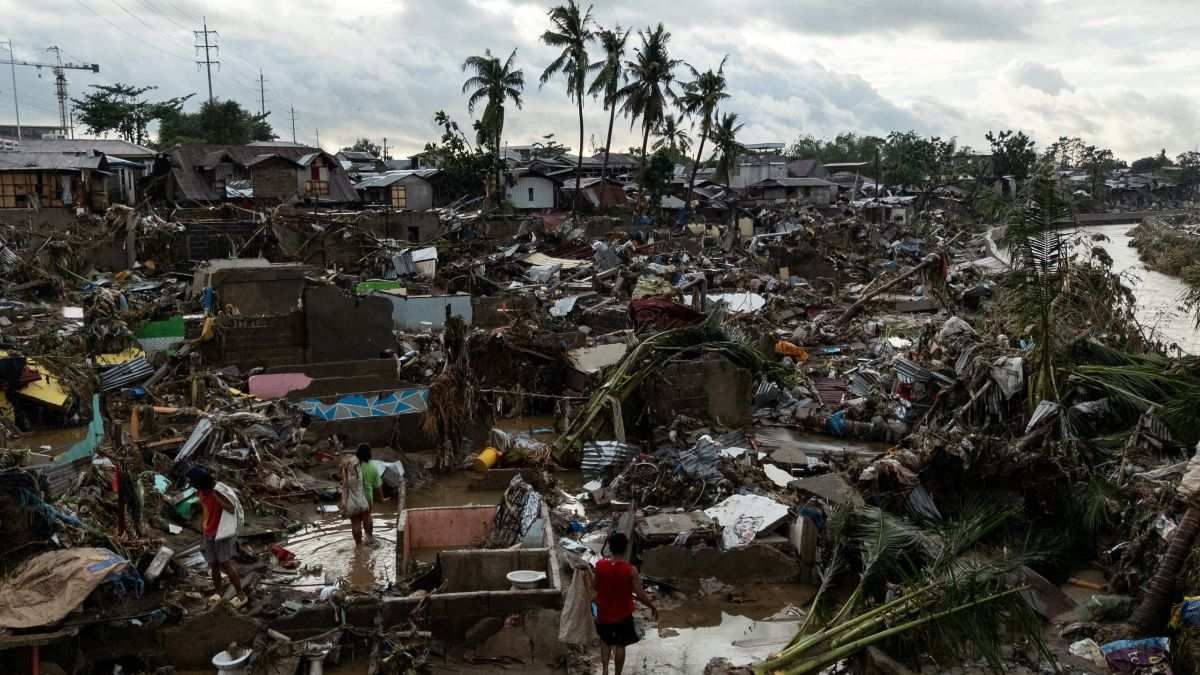2,000,000: Bangladesh needs to create roughly 2 million new jobs every year to keep pace with an expanding population. But job growth in the country’s most important industry, textiles, is getting clobbered by automation. As robots get better at light industrial tasks like apparel manufacturing, whole swaths of the developing world are about to get stretched tight.
92: Some 92 percent of Brazilians are worried about the inability to discern fake news from real news online, according to a poll done late last year. That is the highest percentage of any country surveyed. Germany, as it happens, is the only country where a majority of citizens are not worried about this problem. The Brazilian government is currently cobbling together a strategyto fight fake news ahead of the country’s pivotal presidential election this fall — but is it too little too late?
81: The US government tried to influence democratic elections in other countries 81 times between 1946 and 2000, according to a recent study from a Carnegie Mellon professor. The tally for the Soviet Union and Russia is just 36 over the same period, though that count is certainly incomplete. #glasshouses #stones
61: Although Turkey’s ruling AKP party is often characterized as an Islamist party, 61 percent of its members say Turkey should be a secular state with no official religion, and an astounding 80 percent revere Kemal Ataturk, the ruthlessly secular founder of modern Turkey. A reminder that in Turkey Islamism, conservatism, and nationalism may overlap, but they aren’t the same thing.
33: About a 33 percent of Italian voters are still undecided ahead of pivotal elections in two weeks. Whether those voters end up siding with Berlusconi’s Forza Italia, the anti-immigrant Lega Nord, or the anti-establishment 5-Star Movement, will ultimately determine who plays the role of political kingmaker. Into the wolf’s mouth with all of them…
